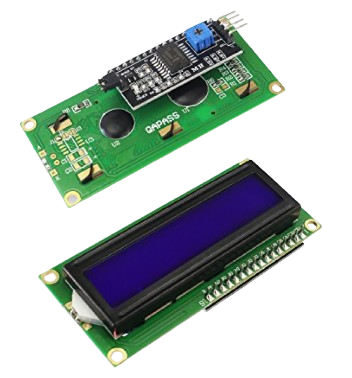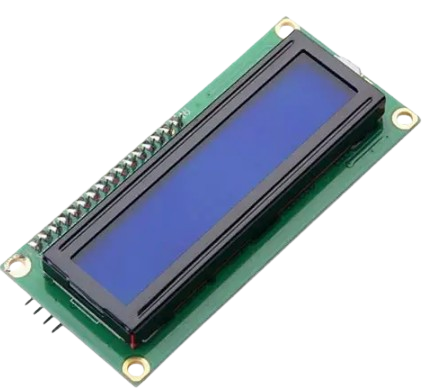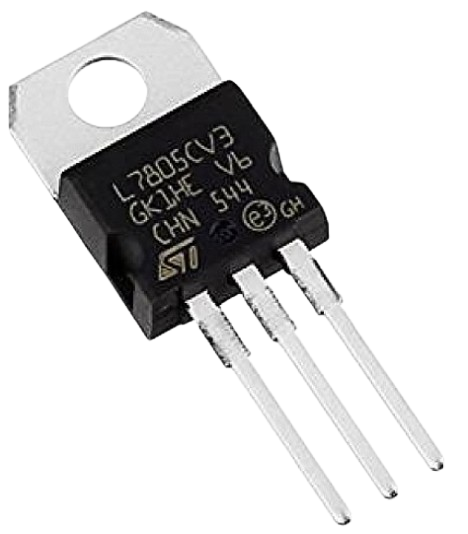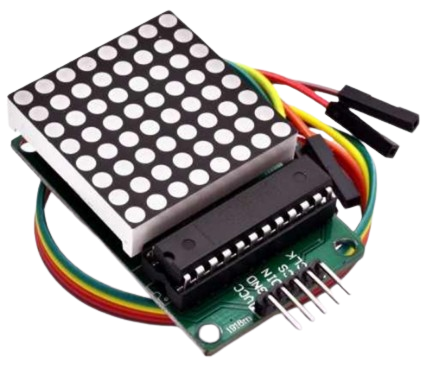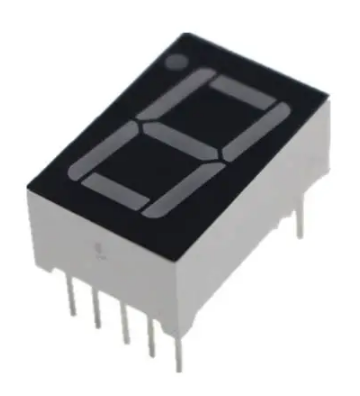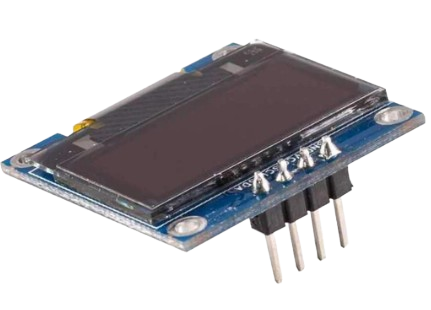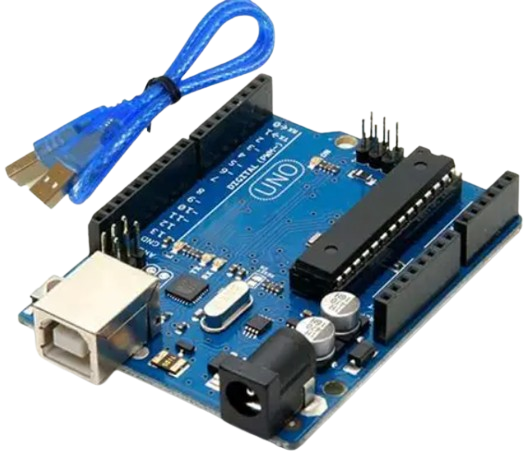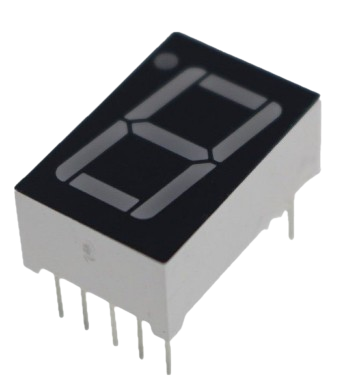🚀 New! Smart IoT Devices + Free Dashboard Access - Control Your Devices Online -
Access the RobuKits IoT Dashboard
*Product images are for illustrative purposes only. Actual product may differ from images. Please refer to the product description and specifications for details.
LCD 16x2 Display with I2C Interface
₹170.0
Prices include applicable taxes.
0 sold
Only 50 left!
Check Delivery Availability
The LCD 16x2 Display with I2C module is a compact and efficient display solution for Arduino, Raspberry Pi, ESP32, and other microcontrollers. With 16 characters × 2 lines, it allows you to display text, sensor data, or menu options clearly. The built-in I2C interface reduces wiring complexity by using only two pins (SDA and SCL), making it perfect for projects where GPIO pins are limited. Ideal for beginners and professionals alike, this display module ensures quick integration and reliable performance.
No reviews yet. Be the first to review!
Product Specifications
| Specification | Details |
|---|---|
| Display Type | Alphanumeric LCD |
| Display Size | 16 characters × 2 lines |
| Interface | I2C (SDA, SCL) |
| Backlight | Blue/Green with white characters (depending on variant) |
| Operating Voltage | 5V DC |
| Character Format | 5x8 dot matrix |
| I2C Address | Typically 0x27 or 0x3F (adjustable via jumper/solder pad) |
| Module Size | 80mm x 36mm x 12mm |
Key Features
- Compact 16x2 alphanumeric display for clear text output.
- I2C interface reduces wiring to just 2 pins.
- Compatible with Arduino, ESP8266, ESP32, and Raspberry Pi.
- Adjustable contrast via onboard potentiometer.
- Low power consumption with LED backlight.
- Easy-to-use libraries available for quick setup.
Applications
- Arduino and Raspberry Pi projects
- DIY electronics and hobbyist applications
- IoT devices and sensor data monitoring
- Menu display for embedded systems
- Robotics and automation projects
- Educational electronics learning kits
Frequently Asked Questions
Yes, it is fully compatible with Arduino. You only need to connect SDA and SCL pins and use the LiquidCrystal_I2C library.
Yes, most modules allow address modification via solder pads (commonly 0x27 or 0x3F).
Yes, you can control the backlight using code or by modifying the jumper on the module.
It typically operates at 5V, but many modules are 3.3V logic compatible (check your specific module version).

